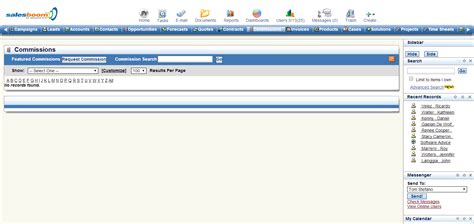Introduction
Are you tired of not knowing how your sales team is performing during calls with potential customers? Do you want to know how to improve your customer service and sales strategy? Look no further than CRM call tracking.
What is CRM Call Tracking?
CRM call tracking is a tool that allows you to record and analyze phone calls made by your sales team. It helps you track your team’s performance, identify areas for improvement, and monitor customer interactions.
Why is CRM Call Tracking Important?
CRM call tracking provides valuable insights that can help you improve your sales and customer service. You can identify common objections and questions from customers, track how long calls last, and analyze the success rate of your sales team.
How Does CRM Call Tracking Work?
CRM call tracking software works by recording phone calls and storing them in a central database. The software can then analyze the calls and provide insights into call duration, success rate, and customer feedback.
Benefits of CRM Call Tracking
Some of the benefits of CRM call tracking include improving customer service, identifying areas for improvement, optimizing sales strategies, and increasing revenue.
Choosing the Right CRM Call Tracking Software
When choosing a CRM call tracking software, look for features such as call recording, call analysis, and integration with your existing CRM system. Also, consider the pricing and support options offered by the software provider.
Implementing CRM Call Tracking
To implement CRM call tracking, you will need to choose a software provider, set up the software, and train your sales team on how to use it. It is important to communicate the benefits of the software to your team and encourage them to use it consistently.
Best Practices for CRM Call Tracking
Some best practices for CRM call tracking include setting goals for your sales team, regularly reviewing call recordings and analysis, and using the insights gained to improve your sales and customer service strategies.
Conclusion
CRM call tracking is a powerful tool that can help you improve your sales and customer service strategies. By choosing the right software, implementing it effectively, and using best practices, you can optimize your team’s performance and increase revenue. So why wait? Start using CRM call tracking today!



